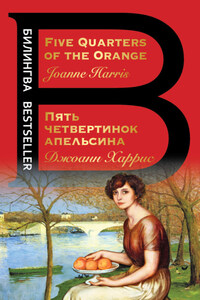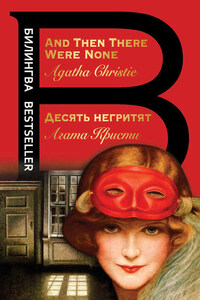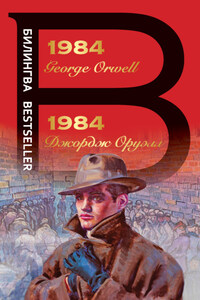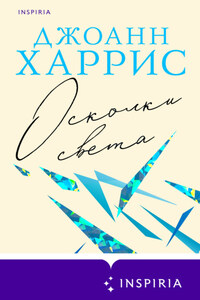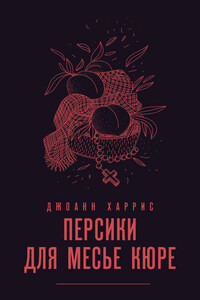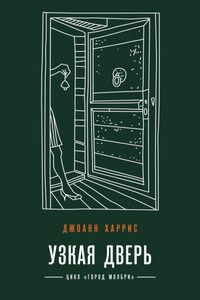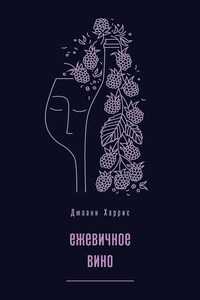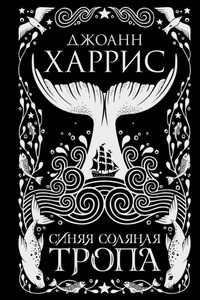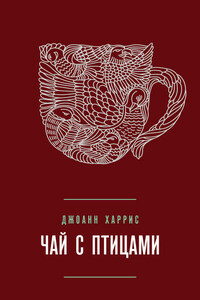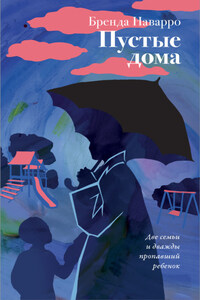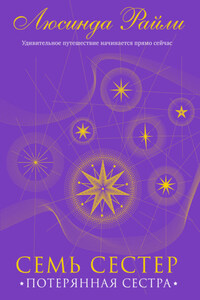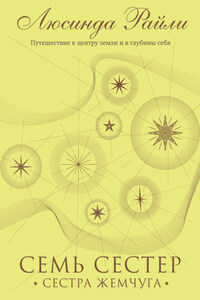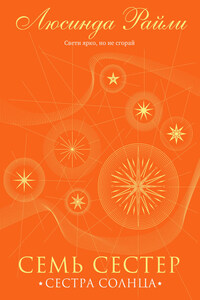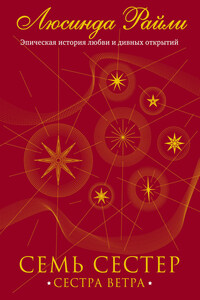When my mother died she left the farm to my brother, Cassis, the fortune in the wine cellar to my sister, Reine-Claude, and to me, the youngest, her album and a two-liter jar containing a single black Périgord truffle, large as a tennis ball, suspended in sunflower oil, that, when uncorked, still releases the rich dank perfume of the forest floor. A fairly unequal distribution of riches, but then Mother was a force of nature, bestowing her favors as she pleased, leaving no insight as to the workings of her peculiar logic.
And as Cassis always said, I was the favorite.
Not that she ever showed it when she was alive. For my mother there was never much time for indulgence, even if she’d been the type. Not with her husband killed in the war, and the farm to run alone. Far from being a comfort to her widowhood, we were a hindrance to her with our noisy games, our fights, our quarrels. If we fell ill she would care for us with reluctant tenderness, as if calculating the cost of our survival, and what love she showed took the most elementary forms: cooking pots to lick, jam pans to scrape, a handful of wild strawberries collected from the straggling border behind the vegetable patch and delivered without a smile in a twist of handkerchief. Cassis would be the man of the family. She showed even less softness toward him than to the rest of us. Reinette was already turning heads before she reached her teens, and my mother was vain enough to feel pride at the attention she received. But I was the extra mouth, no second son to expand the farm, certainly no beauty.
I was always the troublesome one, the discordant one, and after my father died I became sullen and defiant. Skinny and dark like my mother, with her long graceless hands and flat feet, her wide mouth, I must have reminded her too much of herself, for there was often a tightness at her mouth when she looked at me, a kind of stoic appraisal, of fatalism. As if she foresaw that it was I, not Cassis or Reine-Claude, who would carry her memory forward. As if she would have preferred a more fitting vessel.
Perhaps that was why she gave me the album, valueless then except for the thoughts and insights jotted in the margins alongside recipes and newspaper cuttings and herbal cures. Not a diary, precisely. There are almost no dates in the album, no precise order. Pages were inserted into it at random, loose leaves later bound together with small, obsessive stitches, some pages thin as onionskin, others cut from pieces of card trimmed to fit inside the battered leather cover. My mother marked the events of her life with recipes, dishes of her own invention or interpretations of old favorites. Food was her nostalgia, her celebration, its nurture and preparation the sole outlet for her creativity. The first page is given to my father’s death-the ribbon of his Légion d’Honneur pasted thickly to the paper beneath a blurry photograph and a neat recipe for black buckwheat pancakes-and carries a kind of gruesome humor. Under the picture my mother has penciled Remember-dig up Jerusalem artichokes. Ha! Ha! Ha! in red.
In other places she is more garrulous, but with many abbreviations and cryptic references. I recognize some of the incidents to which she refers. Others are twisted to suit the moment’s needs. Still others seem to be complete inventions, lies, impossibilities. In many places there are blocks of tiny script in a language I cannot understand. Ini tnawini inoti plainexini. Ini nacini inton inraebi inti ynani eromni. Sometimes a single word, scrawled across the top or side of the page seemingly at random. On one page, seesaw in blue ink, on another, wintergreen, rapscallion, ornament in orange crayon. On another, what might be a poem, though I never saw her open any book other than one of recipes. It reads:
This sweetness
scooped
like some bright fruit
plum peach apricot
watermelon perhaps
from myself
this sweetness
It is a whimsical touch, which surprises and troubles me. That this stony and prosaic woman should in her secret moments harbor such thoughts. For she was sealed off from us-from everyone-with such fierceness that I had thought her incapable of yielding.
I never saw her cry. She rarely smiled, and then only in the kitchen with her palette of flavors at her fingertips, talking to herself (so I thought) in the same toneless mutter, enunciating the names of herbs and spices-cinnamon, thyme, peppermint, coriander, saffron, basil, lovage-running a monotonous commentary. See the tile. Has to be the right heat. Too low, the pancake is soggy. Too high, the butter fries black, smokes, the pancake crisps. I understood later that she was trying to educate me. I listened because I saw in our kitchen seminars the one way in which I might win a little of her approval, and because every good war needs the occasional amnesty. Country recipes from her native Brittany were her favorites; the buckwheat pancakes we ate with everything, the far breton and kouign amann and galette bretonne that we sold in downriver Angers with our goat’s cheeses and our sausage and fruit.
